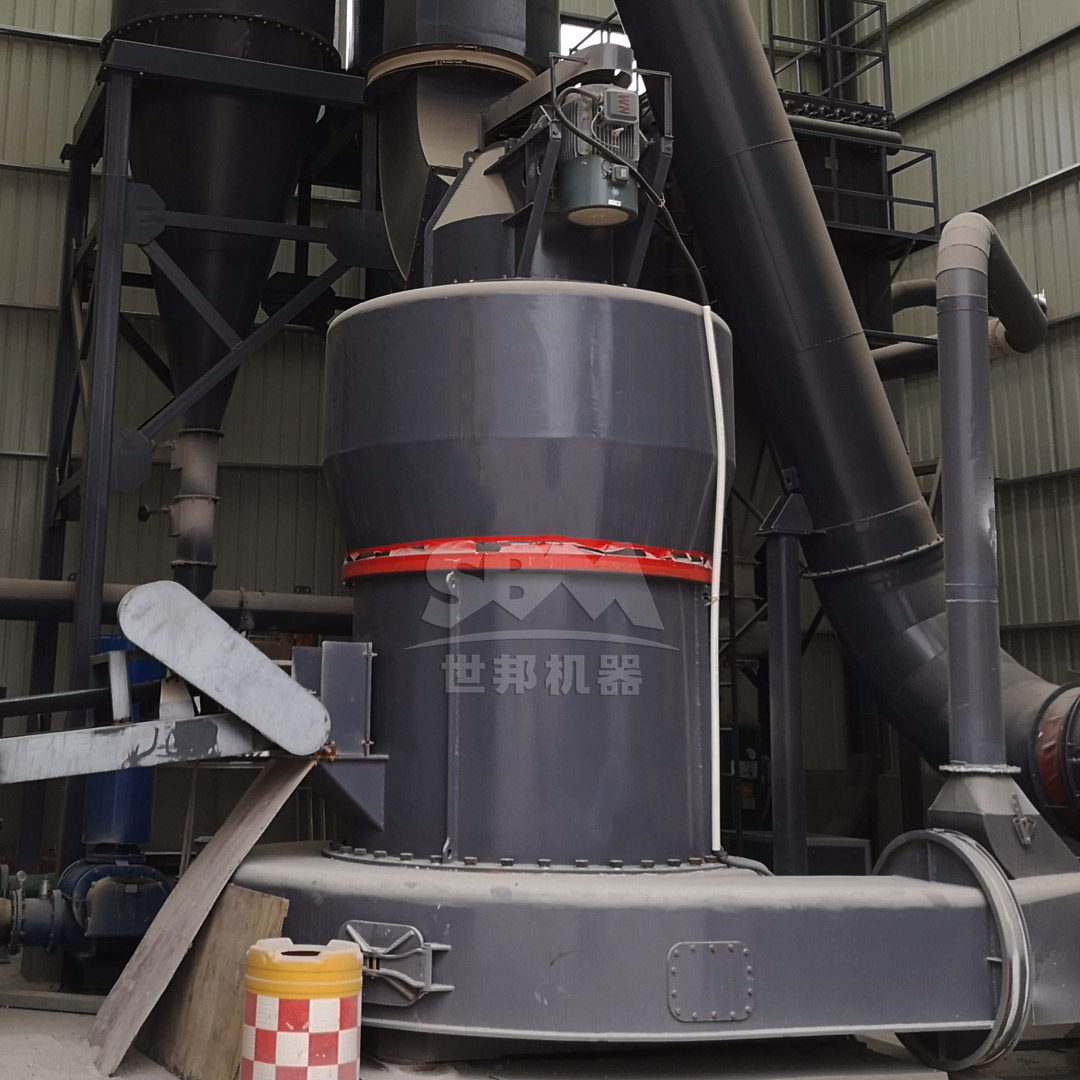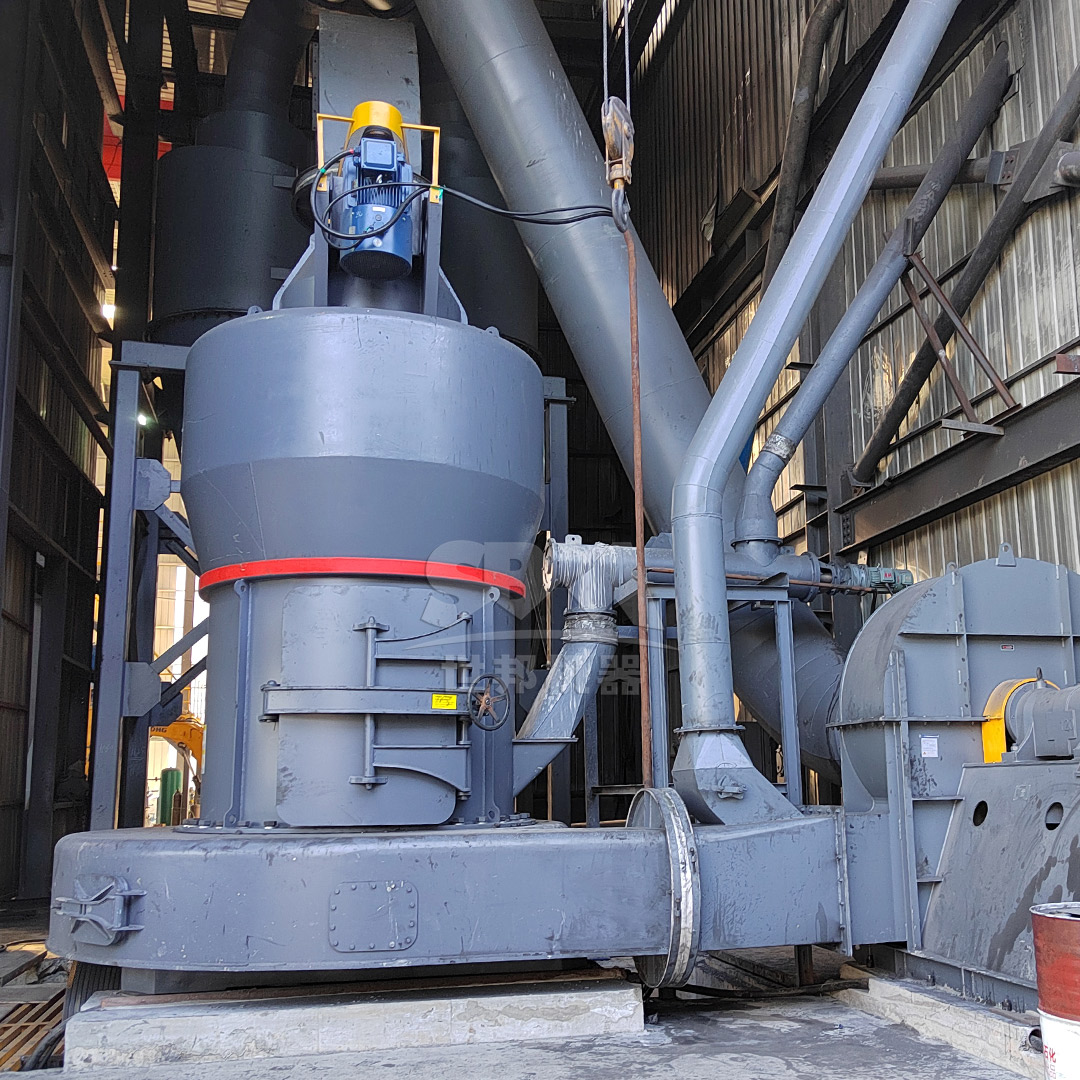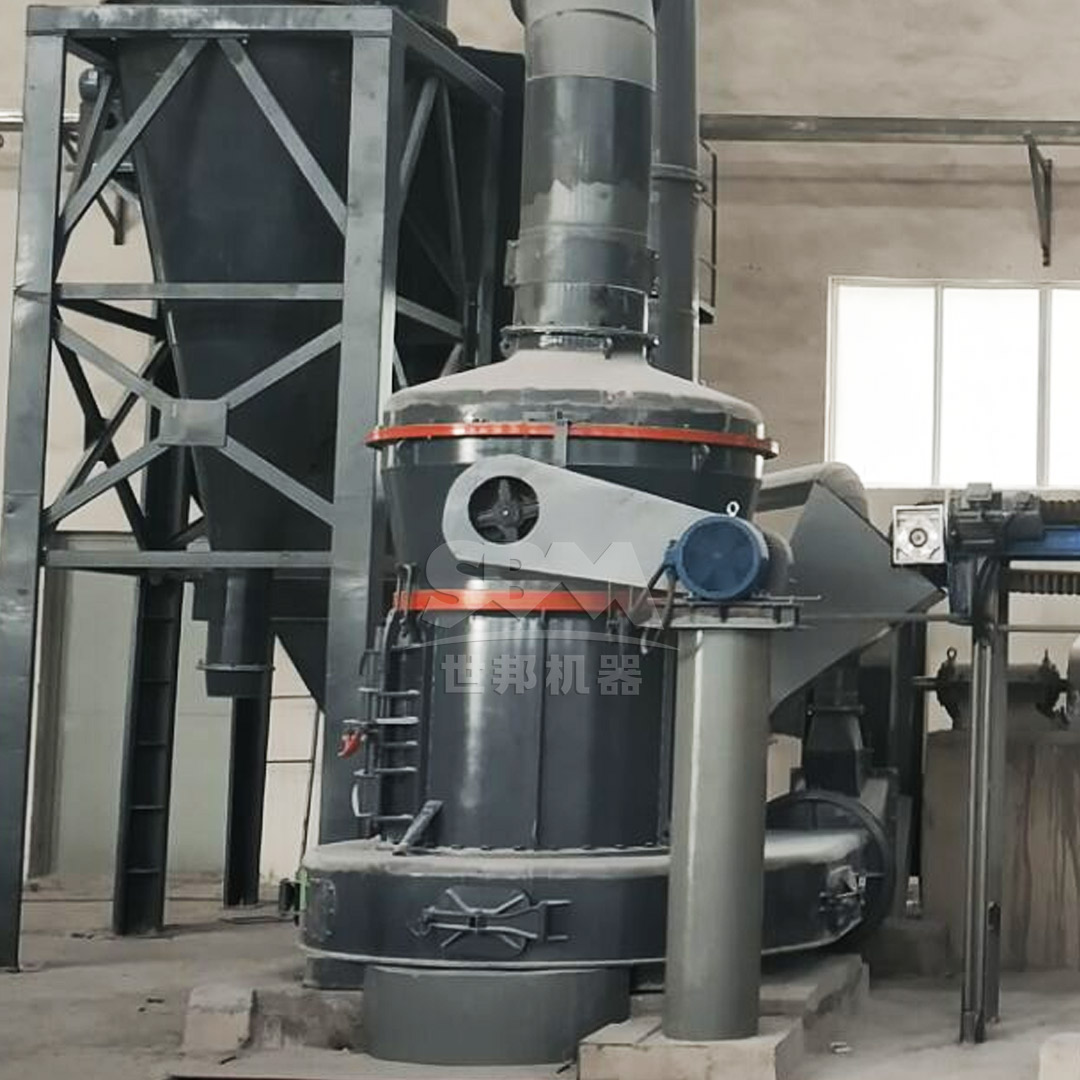The wallboard industry relies heavily on efficient gypsum processing to produce high-quality building materials. At the heart of this process lies gypsum grinding technology, which directly impacts product quality, production costs, and environmental compliance. Modern roller mills have revolutionized gypsum processing by offering superior efficiency, precision, and reliability compared to traditional grinding systems.

Gypsum wallboard manufacturing demands specific particle size distributions and material properties to ensure optimal board strength, fire resistance, and workability. The ideal grinding system must achieve:
| Wallboard Type | Required Fineness (mesh) | Special Requirements |
|---|---|---|
| Standard Wallboard | 100-200 | Consistent particle distribution |
| Fire-Resistant Board | 200-325 | Enhanced purity, low impurities |
| Moisture-Resistant Board | 150-250 | Controlled crystal structure |
| High-Strength Board | 80-180 | Optimized particle packing |
Vertical roller mills have become the preferred solution for modern gypsum processing plants due to their exceptional energy efficiency and processing capabilities. These systems combine grinding, drying, and classification in a single compact unit, significantly reducing the footprint and energy consumption compared to traditional ball mill systems.
The fundamental advantage of vertical mills lies in their ability to grind and dry gypsum simultaneously using hot gases from the calcination process. This integrated approach reduces overall energy consumption by 30-40% while maintaining precise control over product quality.
Modern gypsum roller mills incorporate several critical innovations that enhance their performance:

For wallboard manufacturers requiring ultra-fine gypsum powders for specialty applications, the SCM Ultrafine Mill represents the pinnacle of grinding technology. This advanced system delivers exceptional performance with output fineness ranging from 325 to 2500 mesh (D97≤5μm), making it ideal for high-value wallboard products.
The SCM Ultrafine Mill demonstrates remarkable advantages in gypsum processing:
| Model | Processing Capacity (ton/h) | Main Motor Power | Output Fineness | Recommended Application |
|---|---|---|---|---|
| SCM800 | 0.5-4.5 | 75 kW | 325-2500 mesh | Specialty wallboard R&D |
| SCM1000 | 1.0-8.5 | 132 kW | 325-2500 mesh | Medium-scale production |
| SCM1250 | 2.5-14 | 185 kW | 325-2500 mesh | Standard wallboard lines |
| SCM1680 | 5.0-25 | 315 kW | 325-2500 mesh | Large-scale manufacturing |
For wallboard manufacturers focused on high-volume production, the MTW Series Trapezium Mill offers an optimal balance of capacity, efficiency, and reliability. With processing capabilities ranging from 3 to 45 tons per hour, this system meets the demands of even the largest wallboard production facilities.
The MTW series incorporates several patented technologies specifically beneficial for gypsum processing:
Wallboard manufacturers benefit significantly from the MTW series’ operational characteristics:

Modern roller mills significantly advance the sustainability of wallboard manufacturing through reduced energy consumption and environmental impact. The transition from traditional ball mills to advanced vertical and trapezium mills typically achieves:
| Grinding System | Energy Consumption (kWh/ton) | Thermal Efficiency | CO2 Reduction |
|---|---|---|---|
| Traditional Ball Mill | 35-45 | 55-65% | Baseline |
| SCM Ultrafine Mill | 22-28 | 78-85% | 30-35% |
| MTW Trapezium Mill | 18-24 | 80-88% | 35-40% |
Maximizing the performance of gypsum roller mills requires adherence to established operational protocols:
Consistent gypsum quality begins with proper feed material preparation:
Proactive maintenance strategies extend equipment life and ensure consistent performance:
The evolution of gypsum roller mills continues with several emerging trends that will shape future wallboard manufacturing:
Advanced control systems incorporating artificial intelligence and machine learning are becoming standard features in modern mills. These systems optimize operational parameters in real-time, predict maintenance needs, and ensure consistent product quality through adaptive control algorithms.
Future developments focus on further reducing environmental impact through:
The trend toward modular mill designs allows wallboard manufacturers to scale production capacity efficiently while maintaining operational flexibility. This approach reduces capital investment risk and enables phased capacity expansion aligned with market demand.
The selection of appropriate gypsum grinding technology represents a critical strategic decision for wallboard manufacturers. Advanced roller mills like the SCM Ultrafine Mill and MTW Trapezium Mill deliver substantial benefits in product quality, operational efficiency, and environmental compliance. By investing in these technologies, wallboard producers can achieve competitive advantages through reduced production costs, enhanced product performance, and improved sustainability credentials.
As the wallboard industry continues to evolve toward higher performance standards and stricter environmental regulations, the role of advanced grinding technology becomes increasingly crucial. Manufacturers who embrace these innovations position themselves for long-term success in a competitive global market.